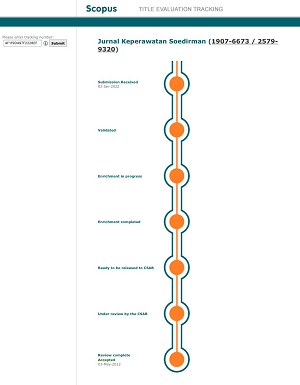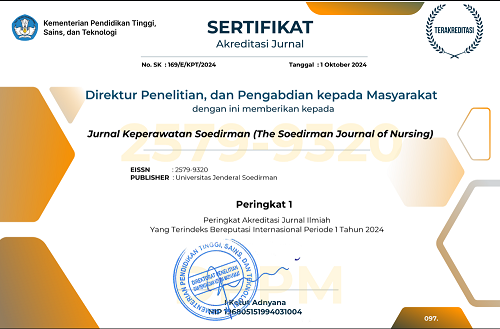Understanding Nurses’ Caring Behavior: The Impact of Work Environment and Individual Factors
Abstract
Nurse caring behavior is essential for the quality of healthcare services and patient well-being, yet several internal and external factors influence this behavior. This study analyzes the effects of work rewards, workload, motivation, and personality on nurses’ caring behavior. This cross-sectional study used a quantitative approach. Data were collected from 217 nurses in hospitals using structured questionnaires measuring variables of work rewards, workload, motivation, personality, and caring behavior. Data analysis was performed using descriptive statistics and multiple regression analysis. The findings show that motivation has the most significant influence on caring behavior (β = 0.45, p < 0.01), followed by work rewards (β = 0.30, p < 0.01) and personality (β = 0.20, p < 0.01). Workload has a significant negative effect (β = -0.28, p < 0.01). An R-squared value of 0.65 indicates that these four variables can explain 65% of the variability in caring behavior. These findings support Gibson’s theory that environmental factors (work rewards, workload) and individual factors (motivation, personality) affect caring behavior. Motivation and work rewards drive caring behavior, while a high workload hinders it. Policies that enhance motivation and work rewards, along with balanced workload management, are necessary to support caring behavior in nurses
Keywords: Caring behavior, Work rewards, Workload, Motivation, Personality.






.png)




_3.png)

 Kampus keperawatan unsoed
Kampus keperawatan unsoed  Published By Jurusan Keperawatan FIKES UNSOED
Published By Jurusan Keperawatan FIKES UNSOED jks@unsoed.ac.id
jks@unsoed.ac.id

